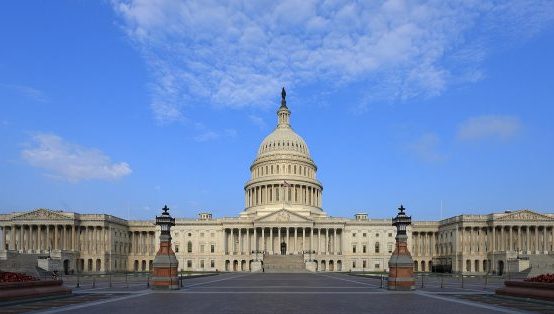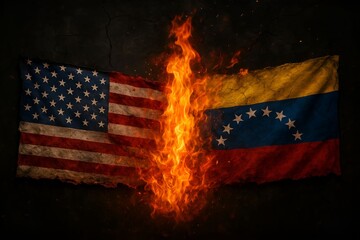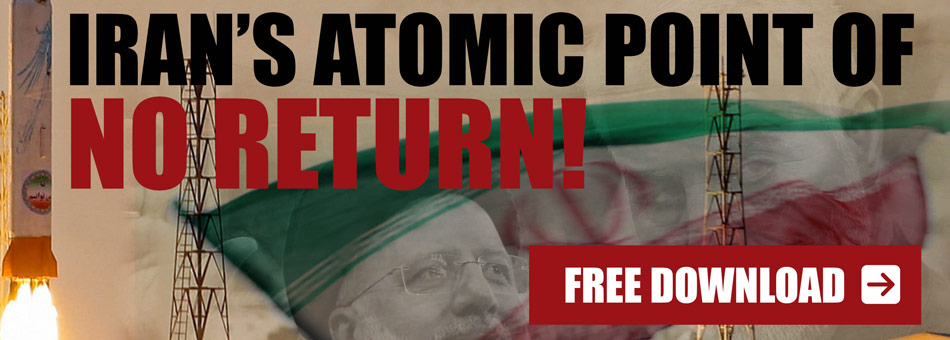This article was originally published by Aaron Cummings at The Mises Institute.
When Murray Rothbard established a realignment in libertarian thought, his standard was determined by sovereignty rather than bipartisanship. A right-wing populist platform might be the most popular campaign strategy in the last few years. Since Brexit, a trend has swept a wide range of the globe. The question remains what this political revolution should be called? If it were a daring step away from the establishment, spectators might be concerned as to why so many conservatives support this turning of the tide.
It’s a cycle in American politics. An organic movement that represents dislocation from mainstream bureaucracy becomes initiated into the status quo, a dilemma that kept Rothbard out of the libertarian networks not once, but twice. Ayn Rand was in; the populists were shown the door. The Libertarian Party received a warm welcome, while the Mises Institute stood alone in its attacks on statism. A bitter arc for men with no nation? Not quite.
Unlike the conservatives, the libertarians kept their right-wing credentials firmly in the back of their minds as historical circumstances allowed them to represent themselves. The 1992, 1996, and 2000 presidential elections gave libertarians another part of their identity: populism. No longer were they exclusively tethered to the sun of third parties in the United States. Instead, Rothbardians found their identity in a Nietzschean way. Their struggle against the modern world was beyond political. They were reduced to a shell of identities past, cobbled together by former progressive movements. It was time for the transvaluation of values. Rothbard had found his Übermensch in Patrick Buchanan.
That doesn’t mean they succeeded electorally. Again, the lesson was that a new development had occurred, and a new libertarian identity could be adopted. They saw themselves as inheriting a legacy from H.L. Mencken and Albert Jay Nock. Meanwhile, their real contemporaries were those who seized power. Huey Long and Teddy Roosevelt don’t match a conventional left-right spectrum, which makes them allies. Their proclivity toward centralized power made them strange bedfellows alongside libertarians. However, they remained closer to a populist model than any New Deal democrat or conservative of the postwar era.
The fight for populism was a struggle for authenticity within the bounds of political gatekeeping. That’s why it’s a curious thing to see widespread support, from the conservative side, toward Argentina. As many have witnessed, the politics associated with Latin America seemed stuck in the Cold War dialectic. Socialism, a favorite topic for conservatives and libertarians, dominated discourse to the detriment of both ideologies. No more ground was gained by jotting out the economic turmoil of the undeveloped world.
It was not a Rothbardian revolution when populism donned the headlines in Hungary, France, and the United Kingdom. Instead, it was another capture by the political apparatus. The right words had been paved in gold. Elections were secured and little contribution was given to the dialogue of national populism. We can find Francis Fukuyama lamenting the decline of institutional support due to right-wing agitation. The skepticism over democracy is because of its self-destructive conviction toward cultural homogenization. However, none of these condemnations bring us closer to the genealogy of morals processed within populism. A revolution had allegedly enacted regime change, while all the Cold War talking points remained intact. This was not the end of history; it was more of the same.
So, what must be done? Jeff Deist emphasized, that wisdom from earlier lessons was still applicable to future elections. The populism that was so rare in the ‘90s, electorally and otherwise, has been romanticized into a commercial brand. A political theory had been discovered by conservatives, and so its teeth had been removed as part of the initiation process. The criticism of Republicanism went under a similar procedure: keep the rhetoric and populism, while everything else resembles managerialism.
According to James Burnham, that was the real obstacle in politics for anyone interested in domestic regime change. The progressives and Republicans collaborated with the New Deal consensus; however, the few didn’t inherit real populism. With that in mind, it’s not surprising to see media excitement surrounding a “New Right” in Europe, South America, and the United States. An updated banner of conservatism binds their rhetoric together into an international movement. It is another chance to assimilate into the mainstream as right-wing populism gains traction among voters.
As Paul Gottfried emphasized,
It might be asked how liberal democracy has given rise at the same time, according to [Thomas L.] Pangle, to unqualified relativism and the widespread acceptance of a monolithic “public opinion.” Pangle tries to cover both bases when he speaks about a “leveling moralism that disguises itself as relativism” and about a “contemporary democratic moralism” that “overstresses the virtues of a rather soft or flaccid sociability.”
When elections are won with this level of notoriety in Western media, it’s a reminder that gatekeeping is always afoot. Nationalism and populism are susceptible to managerial capture just like conservatism documented by Gottfried and libertarianism by Rothbard. This is an easy lesson to forget as the paleo libertarians age out, while their warnings remain relevant for each generation. The fight for grassroots populism is still an ongoing battle. Regardless of the hype, Rothbard’s concerns about building a populist platform have yet to be uncontaminated by conservatives. Before jumping on another bandwagon, it’s worth asking how the ruling class has responded to Ron Paul, Brexit, and Donald Trump in the wake of their popularity. If they were eager to sabotage a populist movement, domestic and foreign, it would look similar to the managerial tactics conducted on the right.
If libertarians want to avoid becoming the Republicans who lost their identity, they should be critical and not dazzled by media-sponsored populism. The second they let their guard down, it’s another betrayal from the same opposition. Rothbard’s platform wasn’t just campaign slogans; it provided a survival guide for younger libertarians. The philosophy of localism keeps people protected from managers (those who conduct themselves as Machiavellians), an obstacle that leaves libertarians exhausted. Fortunately, these concerns allow them to become who they are.











0 Comments